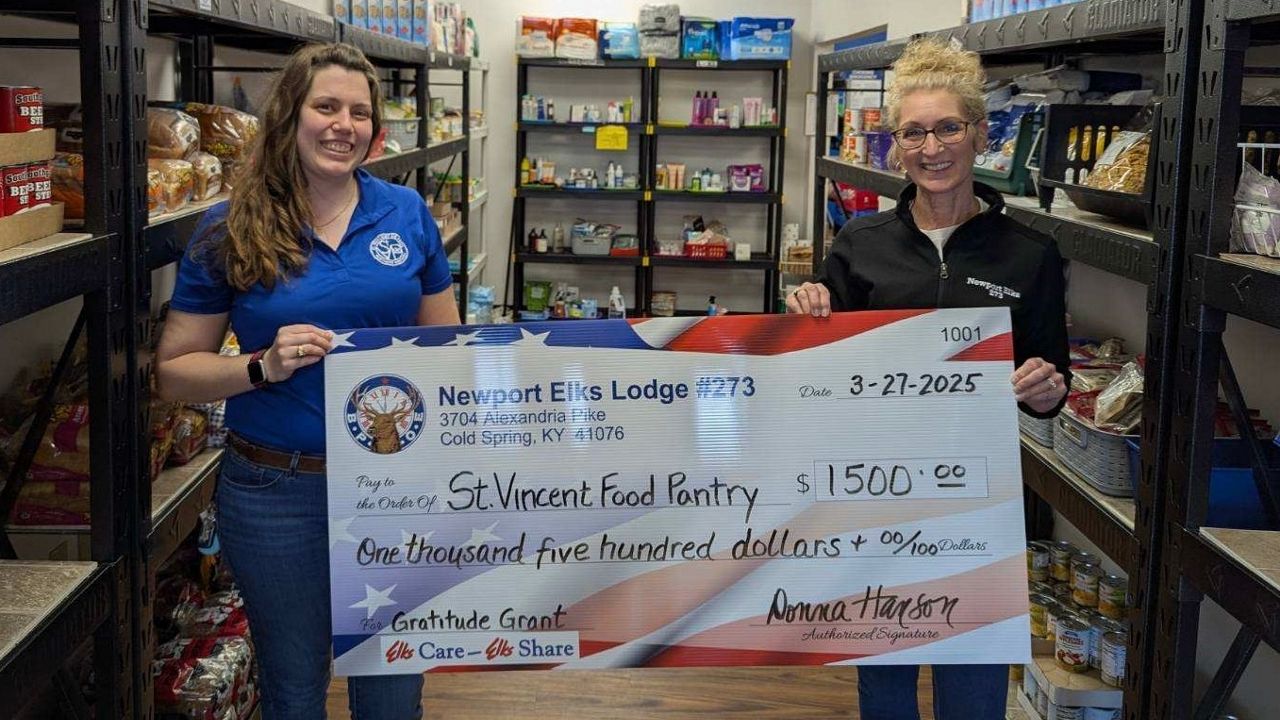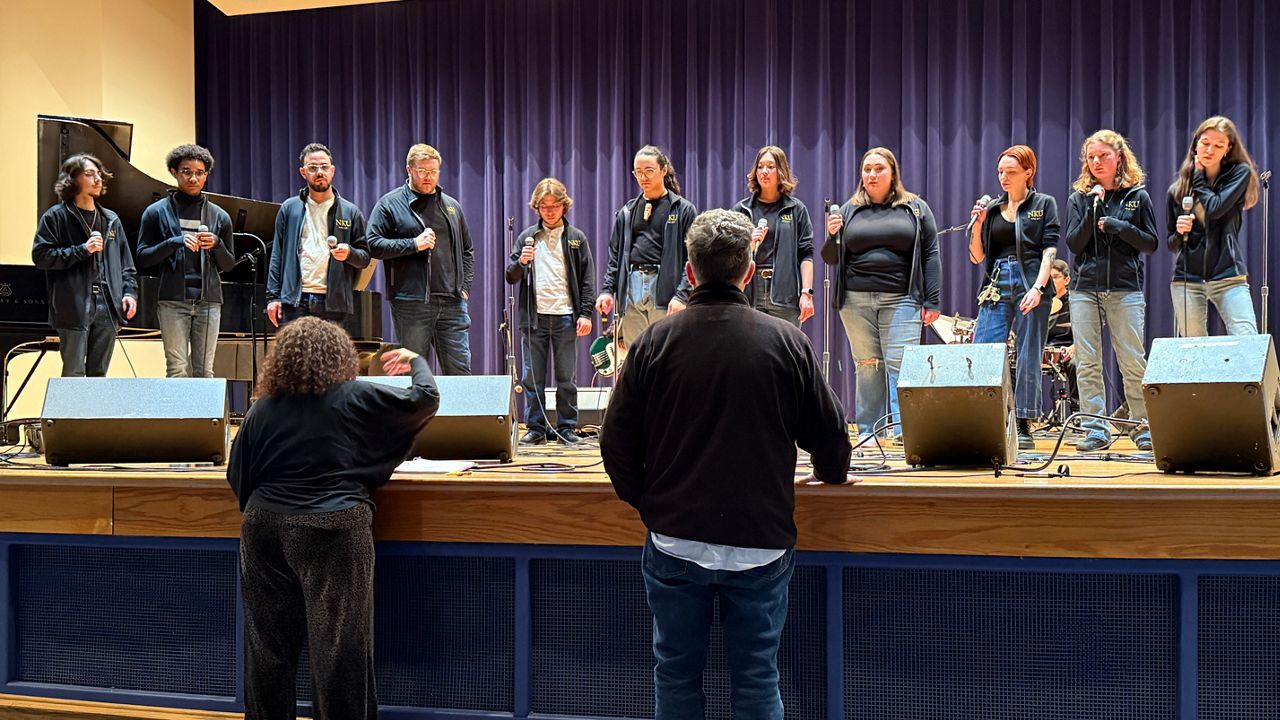HIGHLAND HEIGHTS, Ky. — Human trafficking affects millions of people around the globe, and happens every day in Kentucky. Suk-hee Kim, Associate Professor at the School of Social Work at Northern Kentucky University, felt it was a topic not enough people were talking about, and decided in 2022 she wanted to do her part in changing that.
“I have three children. I think about those things,” Kim said. “I was thinking that if I’m not focusing on this issue, to bring that safe environment, then who will be?”
Kim founded NKU’s Human Trafficking & Health Equity Academic Collaborative.
The goals of the collaborative are to raise awareness, educate people on recognizing potential human trafficking, and help potential victims access resources and services. Kim said there will be a total of six webinar sessions.
Governor Andy Beshear and First Lady Brittany Beshear recently joined efforts to remind Kentuckians how to report sex and labor trafficking, and encouraged the use of the National Human Trafficking Hotline, ahead of the Kentucky Derby.
There is an uptick in human trafficking in the Louisville area during derby time, according to Naomi Warnick, a pediatric emergency medicine fellow at the University of Louisville. UofL suggests people keep an eye out for suspicious activity.
Kim agreed, but said people shouldn’t limit their awareness to big events like the Kentucky Derby.
“This issue is a daily issue. This is not only for those crowded places,” she said. “We know what to look for. We know there’s some signs of it.”
According to Melissa Currie, chief of the Kosair Charities Division of Pediatric Forensic Medicine in the UofL Department of Pediatrics and Norton Children’s Hospital, the average age of entry into trafficking in the United States is 13 years old, and can involve the child being advertised, solicited or otherwise exploited for commercial sex acts. The exchange can involve money, drugs, food, attention or housing, particularly in children who have run away from home.
Currie said that parents and other adults can and should watch for signs of sex trafficking of children.
“Social media can be a facilitator of trafficking. Parents should know the individuals their children are spending time with,” she said. “Red flags include spending time with people who are older, having expensive items that the family is unclear how the child obtained, signs of substance use disorder and changes in school performance. Risk factors include a history of abuse of neglect, lack of a strong support network, runaway behavior, being marginalized by society and substance use disorder.”
Kim said people who see these things shouldn’t hesitate to call the hotline.
“Once you see some children having these difficulties, trust those resources,” she said.
Kim said she would like to have a central office for the Human Trafficking & Health Equity Academic Collaborative in the future to centralize resources.
The National Human Trafficking Hotline is 888-373-7888. To send a text the number is 233733 or visit the human trafficking hotline web chat.
Since its inception, the National Human Trafficking Hotline has handled over 920 cases of human trafficking and identified 2,238 victims in Kentucky.










